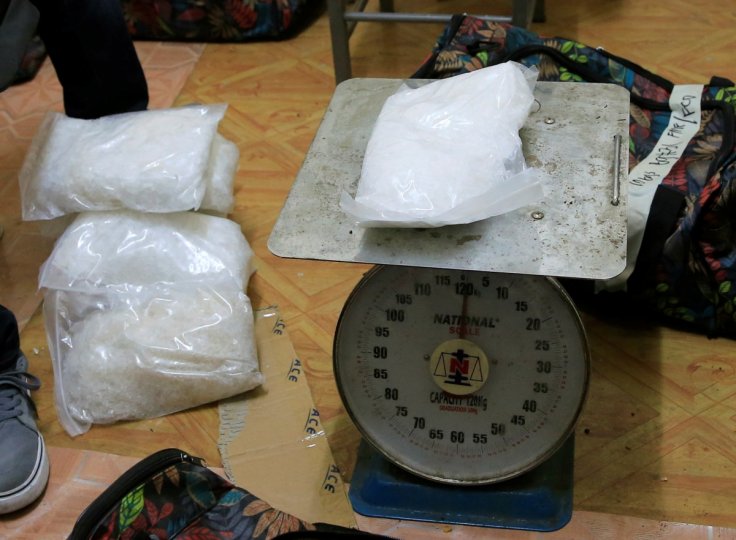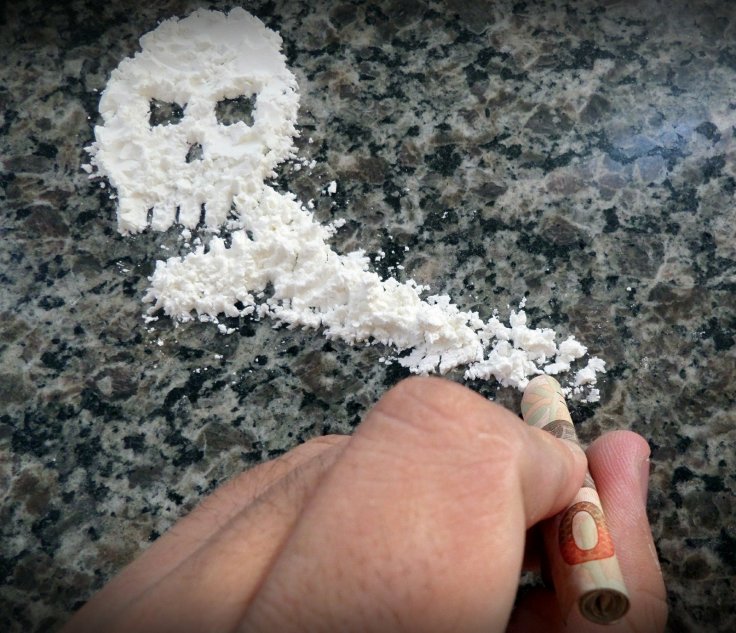The coronavirus outbreak is making cocaine and meth prices skyrocket in most parts of the United States. Travel restrictions at the U.S.-Mexican border owing to the Covid-19 outbreak have made it difficult for cartels to move drugs and the subsequent profits without detection, according to agents with the U.S. Drug Enforcement Administration.
Since the outbreak of the deadly coronavirus, the activities of Mexican drug cartels operating in the United States have become a lot more apparent. The crisis has led federal drug agents in major U.S. hubs seize substantially more illicit cash amid statewide lockdowns that have disrupted the way cartels operate. Mexico's Financial Intelligence Unit too has been tightening the noose on cartels involved in money laundering and smuggling drugs.
Financial Blow for Drug Cartels

Travel restrictions have particularly made meth more expensive. The initial problem started when restrictions were imposed on travel to and from China following the Covid-19 outbreak. This slowed the import of precursor chemicals, which cartels use to make meth and fentanyl. Cartels thus started cutting down on the amount of meth sent to the United States.
In a bid to check the financial blow, cartels started doubling the price of drugs, especially meth. However, smuggling drugs into the United States has almost become impossible over the past couple of months. Left with no choice, cartels have started stockpiling both illicit cash and drugs. "There's been stockpiling of drugs and money on both sides of the southwest border, and money-laundering activity has decreased," said J. Todd Scott, special agent in charge of the DEA's Louisville Field Division.
More Seizures, Price Doubles

Los Angeles, which is a major hub for Mexican cartels, has seen prices of meth doubling over the past couple of months. According to a special agent in charge of the DEA's Los Angeles Field Division, at the end of 2019, a pound of meth cost $900 at wholesale from a cartel associate. However, traffickers are now struggling to buy the same amount of meth as the price now ranges something between $1,800 and $2,000.
The scene isn't any different in other places. Street-level prices of fentanyl and crystal methamphetamine, more popularly known as 'ice', have skyrocketed in Virginia, West Virginia, Kentucky and Tennessee, following travel restrictions that slowed drug trafficking along interstate corridors. The restrictions have made life further difficult for cartels with authorities conducting more raids and seizing drugs.
Between March 1 and May 8, seizures of cash in the greater Los Angeles area have more than doubled from $4.5 million in 2019 to $10 million during the same period this year, according to the Drug Enforcement Administration's Los Angeles field office. Also in New York City, cash seizures are up 180 percent since last year.
Mexico Tightens Noose on Cartels
Mexico's Financial Intelligence Unit over the past couple of weeks has been tightening its grip over money laundering cartels. Last week, the agency asked banks to freeze around 2,000 accounts allegedly linked to Jalisco New Generation Cartel.
The move comes after the United States Drug Enforcement Administration (DEA) labeled the organization as one of the most influential drug cartels in the world, which has fast started spreading its tentacles on the U.S. market with methamphetamine. The Mexican authorities have been closely working with the DEA to bust such cartels and have so far has identified a large number of financial operators and companies involved in money laundering.
Needless to say, the coronavirus has affected Mexican cartels' global business. Although drug sales haven't been affected much, smuggling them across borders has become an increasingly difficult thing for the cartels that are left with no choice but to stockpile both drugs and money.









